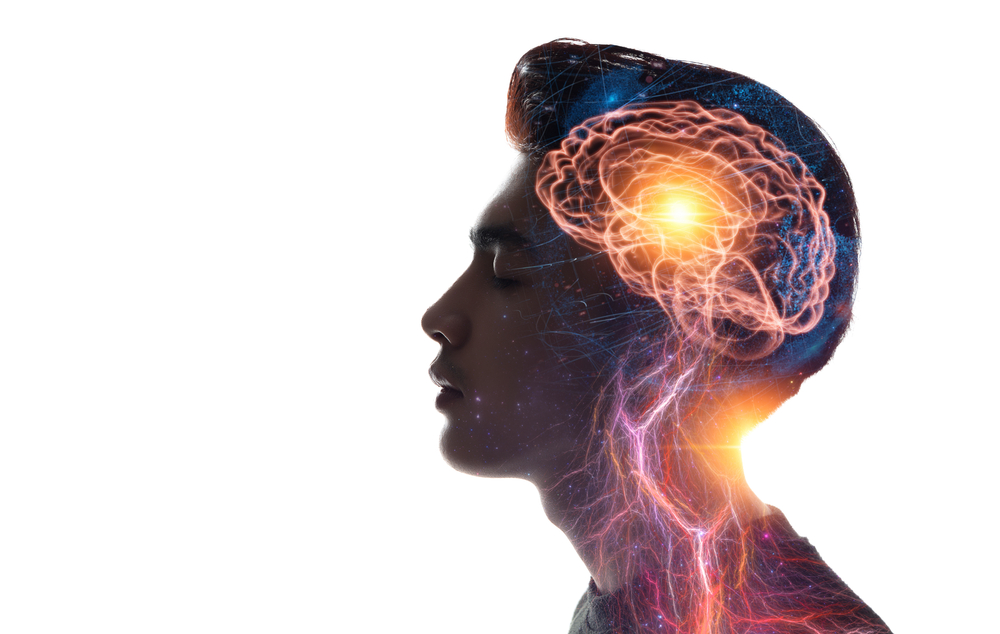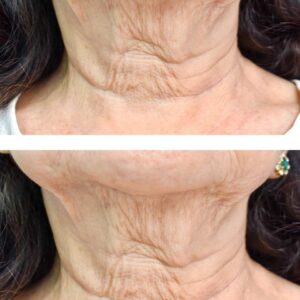Alzheimer’s disease often goes undetected until significant symptoms emerge, but recent research indicates that there may be early warning signs that appear years, even decades, before other symptoms. Here are eight crucial points from the latest studies on Alzheimer’s disease.
1. Impaired Spatial Navigation as an Early Indicator

A new study suggests that difficulties in spatial navigation could be an early sign of Alzheimer’s disease, appearing long before memory and other cognitive functions are affected.1 Researchers at UCL used virtual reality (VR) technology to test spatial navigation in asymptomatic adults aged 43 to 66. Those at higher risk of Alzheimer’s showed impairments in this area, even though their performance in other cognitive tests was normal.
Read More: Memory Loss from Alzheimer’s Reversed by Head Device Using Electromagnetic Waves
2. Gender Differences in Spatial Navigation
The study also found notable gender differences in how spatial navigation impairments manifested. Men at risk of developing Alzheimer’s showed significant impairments in the VR navigation tasks, while women did not exhibit the same level of difficulty. This finding highlights the need for further research into gender-specific vulnerabilities in Alzheimer’s disease.
The researchers are hopeful that their findings could lead to the development of diagnostic tools for early detection of Alzheimer’s. Dr. Coco Newton, who led the study, stated, “This type of navigation behavior change might represent the very earliest diagnostic signal in the Alzheimer’s disease continuum”. Such tools could facilitate earlier and more accurate diagnoses, which are crucial for effective treatment.
4. The Importance of Early Detection
Early detection of Alzheimer’s disease is vital for managing the condition. According to the NHS, early symptoms often include memory lapses, misplaced items, and trouble finding the right words. Identifying these signs early can help individuals access support and treatment sooner, potentially slowing the disease’s progression.
5. Non-Memory Cognitive Decline
While memory problems are typically the first signs of Alzheimer’s, a decline in other cognitive functions can also signal the early stages of the disease. Issues with planning, solving problems, and understanding visual images and spatial relationships are common early indicators.2 These symptoms can often be overlooked or mistaken for normal aging.
Read More: Dr. Oz’s Mother Had Alzheimer’s and He “Completely Missed” the Signs—Here’s What You Need to Know About Alzheimer’s
6. Preclinical Alzheimer’s Disease
Research indicates that brain changes associated with Alzheimer’s, like amyloid plaques and tau tangles, start a decade or more before memory and thinking problems become apparent. This stage, known as preclinical Alzheimer’s, is critical for intervention. Not everyone with these brain changes will develop dementia, but early detection can guide preventive measures.
7. Mild Cognitive Impairment (MCI)

Mild cognitive impairment (MCI) is another early warning sign. People with MCI experience memory problems more severe than normal aging but can still perform daily activities independently. Not everyone with MCI will develop Alzheimer’s, but it is considered a significant risk factor.3 Regular monitoring and lifestyle adjustments can help manage MCI effectively.
Continued research and development of diagnostic tools, like the VR navigation test used in the UCL study, are crucial. Dr. Newton and her team are working towards creating a clinical decision support tool for the NHS, which could revolutionize how Alzheimer’s is diagnosed and treated. Early intervention, particularly with emerging treatments targeting the earliest stages of Alzheimer’s, could significantly improve patient outcomes.
Conclusion

Recognizing the early warning signs of Alzheimer’s disease, such as impaired spatial navigation and mild cognitive impairment, is crucial for early diagnosis and intervention. Continued research and the development of innovative diagnostic tools hold promise for improving the lives of those at risk of Alzheimer’s, allowing for timely and effective treatment.





